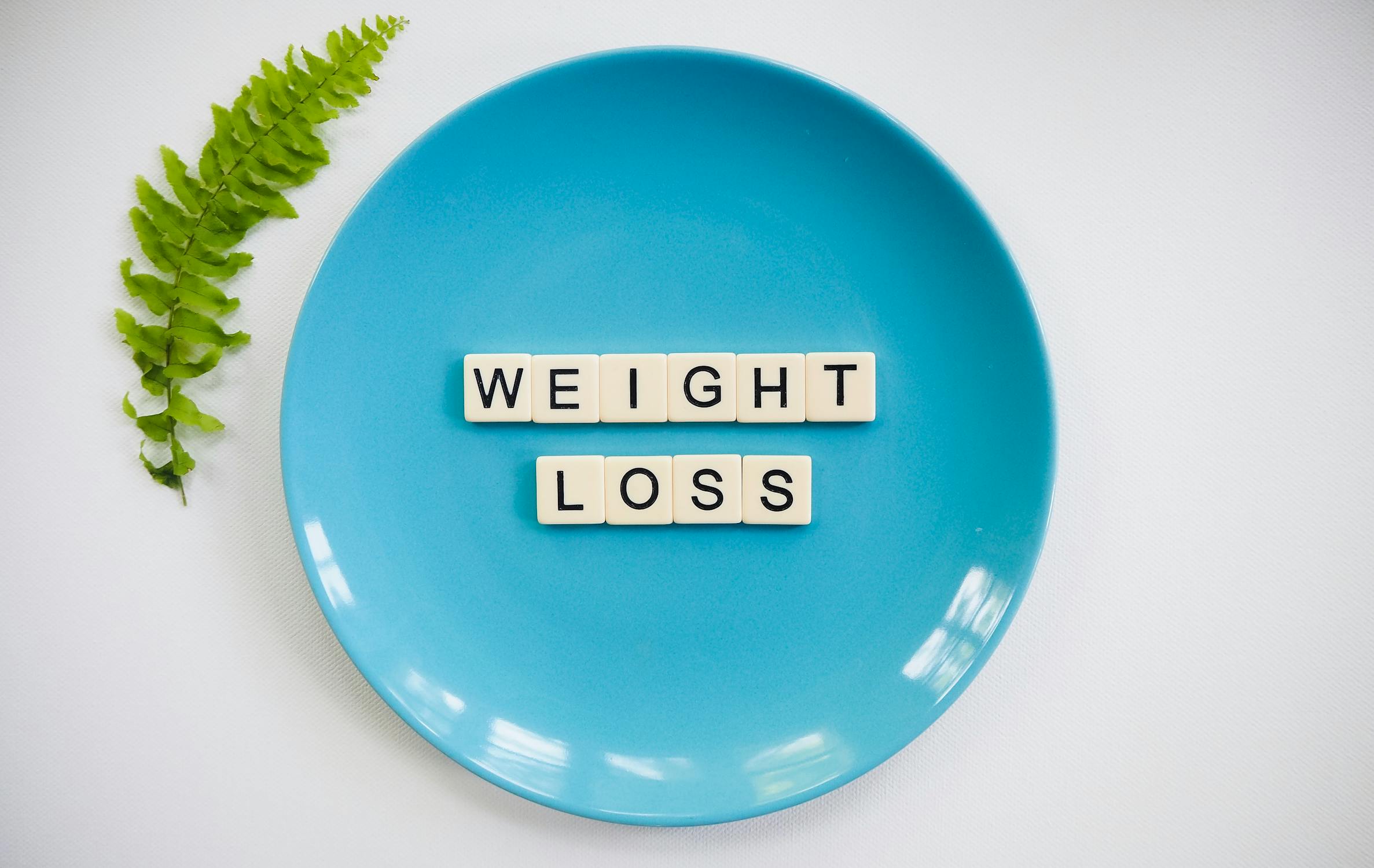[ad_1]

Source: Alyson McPhee/Unsplash
In virtually each house, help you save all those of the quite wealthy, individuals in which fathers have taken on the homemaker job, or the unusual household in which house responsibilities are evenly split, moms are most typically in charge of feeding the spouse and children.
A 2016 research showed that 70 % of women of all ages cooked, irrespective of whether married or single, in contrast to 46 per cent of adult males. Not surprisingly, women of all ages with small children used more time cooking and serving ready food.
In a performing and loving loved ones, food stuff can symbolize the ties that bind. The sensory knowledge of food—the smell of a redolent stew on the stove or the sweet style and fragrance of an apple pie—can become a vivid and automatic recall of periods past, as Marcel Proust so famously showed when he bit into a madeleine. Cooking and serving foods are functions of nurturance, just after all.
But, in a dysfunctional loved ones, food can turn into a powerful software in an unloving mother’s arsenal. Foodstuff arrives with its have cultural freight: what you can afford and not afford to eat, no matter whether you can afford to pay for to feed your household well, how considerably you take in, and what you try to eat as reflected in how slim or excess fat you are. But, on a micro-stage in a toxic family members, it can be symbolically sophisticated, and food items or mealtimes can be a automobile for unpleasant recollections.
Asserting Control Without the need of Stating a Phrase
Food items can come to be a way of exerting electrical power and manage in an unloving mother’s arms, as perfectly as a way of satisfying or punishing behaviors. That was Sarah’s experience escalating up:
My mother’s way of using food was refined and deliberate. If you’d happy her, the menu would involve a thing you beloved to consume which fundamentally meant that we ate hamburgers often considering that they ended up my brother Tom’s favored and he was her boy-who-could-do-no-improper.
But if you displeased or disappointed her as I apparently typically did, you’d inevitably be served something you hated which in my circumstance meant cooked beets or lima beans. Due to the fact the dwelling rule was that you could not depart the desk unless your plate was vacant, I would sit there staring at the substantial pile of veggies, frantically wishing them absent.
She by no means chastised me specifically but her pursed lips and the hated food items delivered her concept loud and clear. It’s not surprising that my relationship to food stuff as an grownup is sophisticated.
Movie buffs may recall the scene in Mommie Dearest, drawn from Christina Crawford’s memoir of the same title, in which Joan Crawford tries to pressure her daughter into submission by serving her the very same uneaten bloody rare meat working day right after day. Lovers of Crawford discovered the scene exaggerated and campy, but it comes about in true daily life also.
In an job interview some several years in the past, Joanne recounted how her mom used foods to underscore how unimportant she was:
My mother would inquire me if I were being hungry and, even if I stated I wasn’t, she’d make me a little something to try to eat as if I had said practically nothing. When I protested, she’d get offended at how I’d wasted her time and, even worse, her food items.
She’d give me possibilities for supper and by the age of six or seven, I knew that no matter what I would decide on would not be on the table. It was her way of telling me that I needed did not ever make a difference to her.
That was accurate in other realms—deciding on functions, setting up playdates, getting clothes—where she was constantly the last arbiter but the food items matter was each and every working day and normally. It was way even worse than being informed outright that I was worthless. She created me come to feel invisible.
Taking part in Favorites and Setting Up Rivalries
Mothers who are controlling, combative by character, or higher in narcissistic traits may possibly use food stuff not just as reward and punishment but as a way of manipulating sibling bonds. Exploration reveals that parental differential cure (aka PDT or, in simple language, favoritism) has an effect on not just the personal boy or girl but the mother nature of their connections. Food can turn out to be symbolic in these households as well, as Patrick, a 45-calendar year-outdated lawyer, defined:
At my property, it was all about desserts and, sure, how significant a slice of the pie you obtained indicated your standing in my mother’s eyes. My sister, Maggie, and I ended up the odd kinds out with our major brothers, Josh and George, the types on the throne.
My dad was served to start with, then Mom served herself, then the two favorites, and then we bought what ever was remaining. We are conversing slivers. And, somehow, she generally managed to run out of ice product prior to she got to us far too. It won’t surprise any one that my sister and I are shut, see our mother and father as very little as humanly attainable, and have minor to do with George and Josh.
I hated them for not defending us. When my now spouse was however my girlfriend, she didn’t consider my stories right up until she went to Thanksgiving supper 1 12 months and came away hungry.
She couldn’t consider it. But it occurred. And, no, it wasn’t definitely about ice cream or pie. It just cemented why the more mature boys acquired new bikes and we acquired hand-me-downs in truth, my sister did not personal a girl’s bicycle until eventually she purchased herself just one with babysitting money.
And, in scenario you’re pondering, my mother and father experienced and nevertheless have a lot of revenue.
A Serving of Shame Along With the Pie
The intake of food—eating too considerably or feeding on too little, currently being a “glutton” or a “pig” or becoming “too picky” and “ungrateful” for the bounty—can develop into weaponized in a toxic family and a source of shame and prompt a kid not just to internalize these comments as truths about him or herself but to develop a long lasting and uneasy romantic relationship to meals.
What Science Does and Won’t Know
There is a great irony in these illustrations of mealtimes as a battlefield simply because the investigate is robust in displaying that, generally, families who take in together at a desk (and not in front of a Television) and who eat healthier meals not only get pleasure from physical wellness rewards but that little ones were being at a reduced danger for despair and material abuse and had reduced prices of disordered eating.
I turned to Alli Spotts-De Lazzer, a therapist with expertise in having disorders, a contributor in this article, and author of Indicating Whole: 23 Lifestyle-Altering Stories of Conquering Dieting, Pounds, & System Image Challenges, for some insight.
She pointed out that while research is scant, “Still, science supports that food rewards and punishments in the course of youth can end result in psychological consuming patterns.”
But she made a hugely important point, composing that “Not all emotional eating is problematic it can simply be one way of coping. Emotional consuming gets problematic when it turns into the most important or only regulation talent.”
Think about that for a instant it is when we switch to food and away from handling our thoughts that we are in deep waters. She additional that other pink flags that emotional ingesting has become harmful are when “it turns into disordered consuming, delivers on destructive emotions of guilt or anxiousness, or benefits in actual physical unwellness.” If this describes you, make sure you search for qualified enable.
When I asked Spotts-De Lazzer whether there was a single most damaging pattern of maternal actions, she singled out the shaming we mentioned but pointed out that the cruelty is noticeable and hence can be acknowledged even by the focus on. In its place, she focused on maternal lack of awareness–those behaviors modeled by the mom which are then absorbed by the daughter as “lessons,” if in a extra covert way.
These may involve a mom not feeding on evening meal for the reason that she thinks she requires to adjust her human body or passing judgment on herself or her daughter about seems to be, dimensions, or food stuff choices. As the therapist observed: “The cumulative effect of a mother’s unawareness can be the most detrimental of all.”
It really is mentioned that “Bread is the staff of life.” We have to have to make sure that we are serving it in the most aware way.
Copyright © 2022 by Peg Streep
To find a therapist, pay a visit to the Psychology Nowadays Therapy Listing.
[ad_2]
Resource backlink






